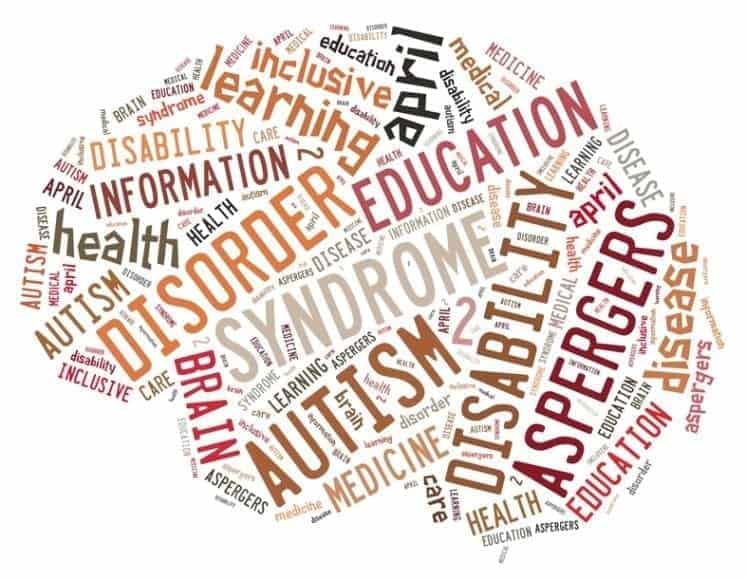
Since the dawn of time, human beings have psychologically responded to fear the unknown. Take mythology, a collection of creative tales to explain the inexplicable. Motifs like deep water and dark forests being cast as a refuge to the monstrous merely because they’re vastly unexplored. Our psychological evolution may seem to have gone beyond days we characterize as long since passed, but similar behaviors manifest themselves in more subtle, yet subversive ways.
Autism Spectrum Disorder (ASD) has been and continues to be, challenged by stigmatic treatment. The unfortunate thing is that the stigma hasn’t been banished, but merely taken a different shape. During the first eight years of life, children are learning language naturally through songs, games, films, imitation, etc. Children with ASD have a reduced ability to do so. Now, it’s characterized as follows: “Autism, or autism spectrum disorder, refers to a range of conditions characterized by challenges with social skills, repetitive behaviors, speech and nonverbal communication, as well as by unique strengths and differences. We now know that there is not one autism but many types, caused by different combinations of genetic and environmental influences.”
This hasn’t always been the case. Note in the definition the language “we now know”. It highlights the fact that the condition has been a mystery and, though progress has been made, there remains a long way to go. Between the 1940s and 1960s (remember, that’s not very long ago), prominent psychologists believed autism in children was caused by “refrigerator mothers”. Mothers struggling to care for children with a condition they didn’t understand were being blamed for causing it. This theory continued to hold, breaking down a generation of mothers convinced they were the cause of their child’s autism, then thought of as environmentally caused psychological disturbance. The home and parental treatment making a perfect petri dish for causality. This theory was packaged, preached, and commonplace. It’s almost unimaginable to think a theory like this was acceptable not so long ago.
In 1967, the chief psychologist touting this theory published a book called The Empty Fortress, which compared these so dubbed refrigerator mothers to raising children in concentration camps. Quoting that, “It is enough that the infant be convinced that his life is run by insensitive, irrational powers who have complete control over his life and death. Infantile autism is a state of mind that develops in reaction to feeling oneself in an extreme situation, entirely without hope.”
There was an outcry against his theory, but given how widespread it was, the damage was done and its reach was vast. In the late 1960s and early 1970s, a little thing called science called this into question and the theory was discredited, but it makes us reflect on how we, as human beings, seek to blame one thing or another (someone, vaccines, etc.) for something misunderstood.
The growth of programs, studies, and support for people with ASD and their families has come so far, but there remain leagues to travel before home. The importance of understanding, togetherness, and love is what helps move us forward hand-in-hand. Let us learn from the mistakes of our past, vehemently discredit the mistakes of our present, and remember that love is greater than fear, no matter the unknown we face.






